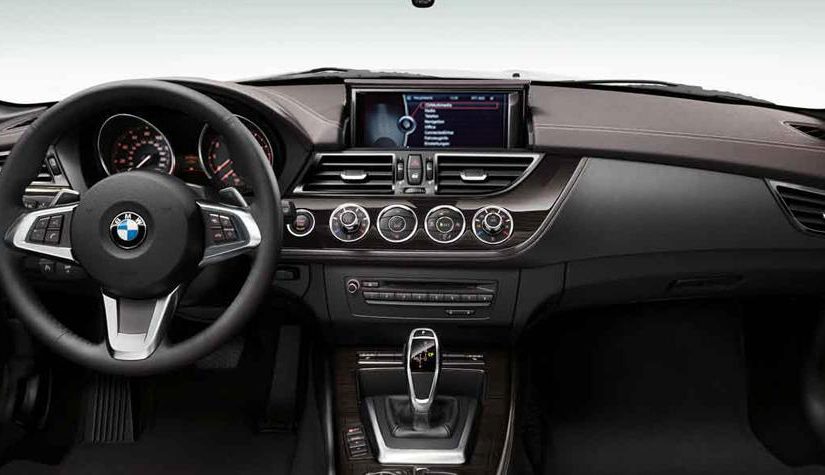Leasing a Car: When Is Leasing a Good Idea?
Car News
If you’re interested in getting a fresh car, you’re most likely well aware that you have two basic options: leasing or buying. While most drivers choose to buy (or finance) a fresh car, many shoppers swear that leasing a car is the better decision. So which is correct? When does leasing make more sense than buying? And should you consider it? To help you determine whether leasing is a good idea for you, we’ve rounded up all the benefits and drawbacks of leasing, and we’ve laid out our opinions about when you should lease and when you should buy.
The thickest benefit of leasing a car rather than buying is that you can usually get more car for your money by leasing. A lease involves paying the depreciation on the car rather than the entire purchase price. For example, if you lease a $20,000 car for three years and its projected value at the end of those three years is $12,000, then you only make lease payments on the $8,000 difference. If you had bought the car, you’d be making payments on the entire $20,000.
Leasing also benefits drivers who don’t have much money saved up for a down payment. Many lease deals are available with nothing down or $1,000 down, whereas brainy shoppers who finance usually put down ten to twenty percent of a car’s purchase price.
There’s also the visible benefit of leasing: You get a fresh car every few years. If you sign a 5-year loan to purchase a car, you’ll be making payments for the next five years, and if you want out, you’ll have to sell the car yourself, which can take time, or trade it in for a fresh model, which can be expensive. If you’re leasing a car, your obligation is released as soon as the lease is over, which usually happens every two or three years, and you’ll be free to go get a fresh model.
Drawbacks of Leasing
The thickest drawback of leasing is that you aren’t building up any equity in your vehicle. Think of it like buying a home: With every mortgage payment, you own a little more of your home. But if you rent your home, just like if you lease a car, your money isn’t enlargening your ownership stake. As a result, when someone has finished making payments on a leased car, he or she will have to buy or lease another car. When someone has finished making payments on a financed car, he or she wields the vehicle outright with no further payments.
Another drawback to leasing is that many leases often come with a mileage confinement. In order to get many good lease deals that are suggested by automakers, you’ll need to agree to keep your miles low — usually around Ten,000 or 12,000 per year. If you can’t do that, the lease rate will go up, or you’ll be stuck paying expensive mileage penalties at the end of your lease.
Drivers who lease will also have to take very good care of their leased cars. Automakers assume that leased cars will be returned in harshly “new-car” condition, and they can charge you for excess wear and rip if a leased car is returned with scrapes, bumps and dents.
Is It a Good Idea for You?
So is leasing a good idea for you? Our reaction is that it depends. We primarily suggest leasing for drivers who love attempting out fresh cars, who don’t drive very much and who keep their cars in good form. We also suggest leasing if you don’t have a substantial down payment saved up. Meantime, if you don’t need a fresh car every few years, if you drive a lot or if you want to own your car for a while, you’ll most likely be better off buying instead.

No comments